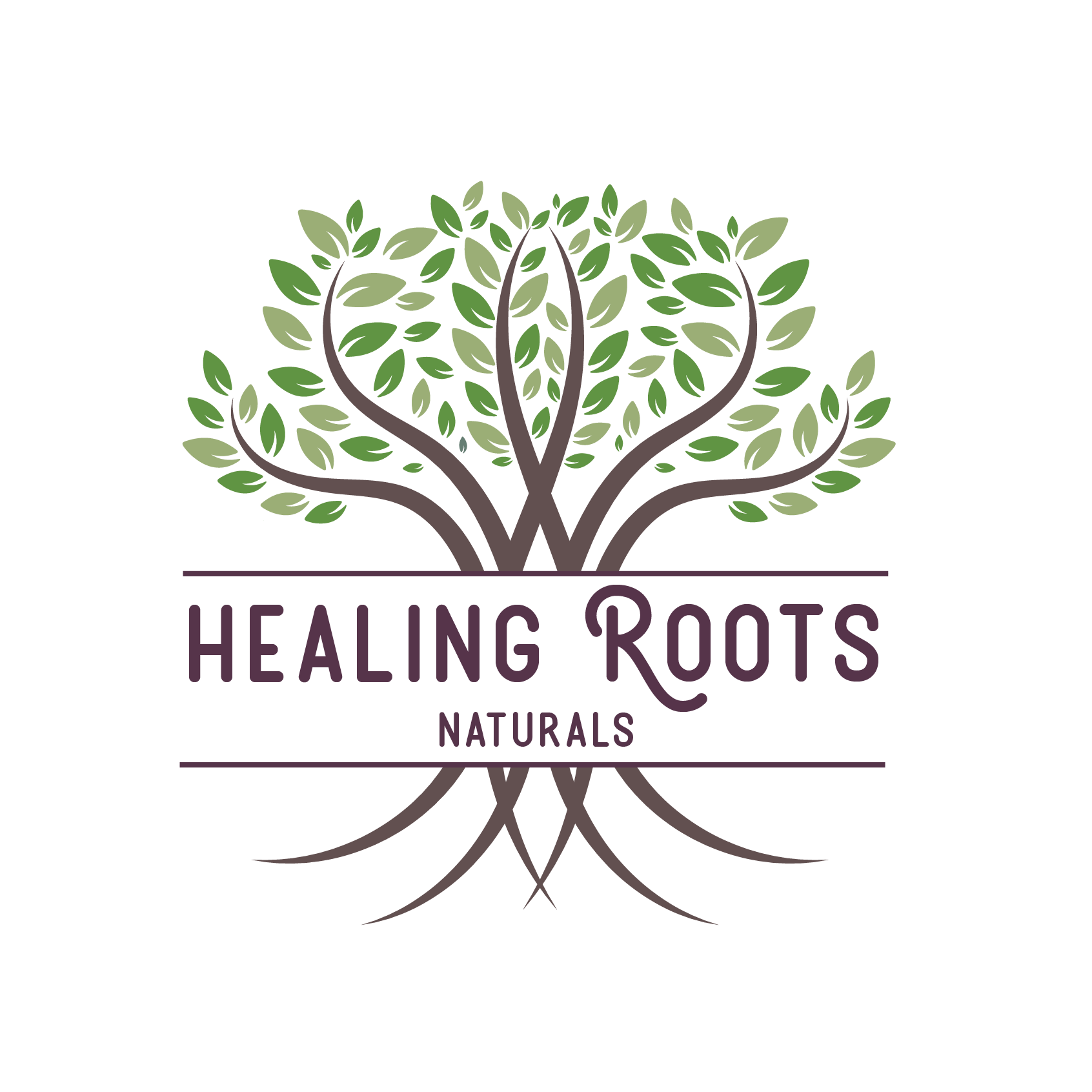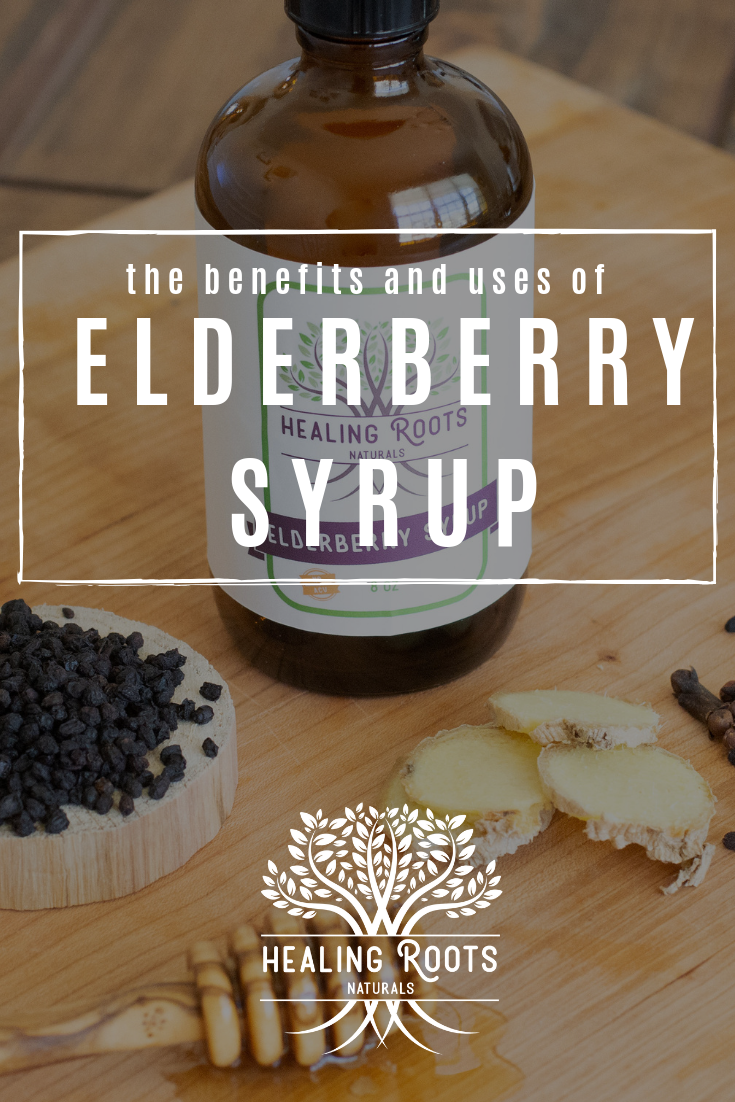The Benefits and Uses of Elderberry Syrup
What is Elderberry you ask? Sambucusis a genus of flowering plants in the family Adoxaceae. There are different species of Sambucuswith the most common variety that is used for medicinal purposes being Sambucus nigra. This species is also the one in which the most scientific research has been conducted. Elderberry is native to Africa, Europe, and parts of Asia but in more recent years has become commonly grown in the U.S. The berries that this flowering plant produce turn from green to red to black when ripe. Elderberries are naturally high in vitamin C, A, B6, iron and potassium, and is a great source of phenolic acids and flavanols which are powerful antioxidants helping to reduce damage from oxidative stress in the body and have anti-inflammatory effects.
Elderberry syrup, its uses and benefits have been a hot topic for the past few years. While its use has been traced back hundreds of years, being used by the ancient Greeks and Egyptians; Elderberry syrup has more recently become popular and widely used for the prevention and treatment of colds, flu and allergies. Its popularity has increased I feel due to medical professionals validating it as an effective natural remedy for these issues, for boosting your immune system and reducing the duration of illness.
The health benefits of the elder plant are numerous. From naturally improving colds, the flu and sinus issues to aiding with nerve pain, constipation, chronic fatigue and allergies. With regard to the flu, studies have found that if you start a regiment of taking the syrup within the first 48 hours after the onset of the symptoms the duration of the flu and the symptoms is reduced on average to four days earlier. Elderberry was actually used by government recommendation during the 1995 Panama flu epidemic. There are multiple studiesbeing conducted and I encourage you to do your own research to see how this little berry is packing a punch in combatting colds and flu and is offering health benefits even beyond the treatment of illness.
Elderberry syrup is relatively easy to make at home and there are many resources sharing their recipes online. It is very important that you get your elderberries from a certified and reputable source that sifts out any bark or roots. It is also very important that you allow ample time for the cooking down of the berries as uncooked berries contain lectin and cyanide which can cause nausea, vomiting and diarrhea if not cooked properly. Cooking the berries and seeds will remove the cyanide. Some of the ways to make & consume elderberries are in jellies & jams, syrup, juice, ointments, sprays, lozenges, teas and more. I have been making Elderberry syrup for 15 years and have 1sthand testimonies of its effectiveness. Our entire family uses it throughout most of the year. We all take preventative doses daily and increase dosing during illness. I do take my children off of the syrup over the summer months to allow their immune systems to rally on their own. We start our preventative dosing regiment 3 weeks before school starts and continue until the beginning of summer. Our syrup is crafted with distilled water, organic elderberries, cinnamon, clove, ginger and raw local honey. I also offer our Elderberry Syrup 2 ways, with or without raw apple cider vinegar. ACV adds another layer of immune support as well as being crazy good for gut health! I also offer JUICE ONLY for our littlest of customers under 1 year old – I omit the raw local honey so your wee ones can receive the benefit of this syrup. Children over 1 year are able to consume the syrup with the raw honey.
I do hope you will further explore and research what I feel is one of natures best immune boosting plants. As always, speak with your HealthCare practitioner before adding any supplement or herbal remedy into your families healthcare regiment. If you are interested in making your own Elderberry Syrup and need recommendations on where to find your elderberries please feel free to contact me.


